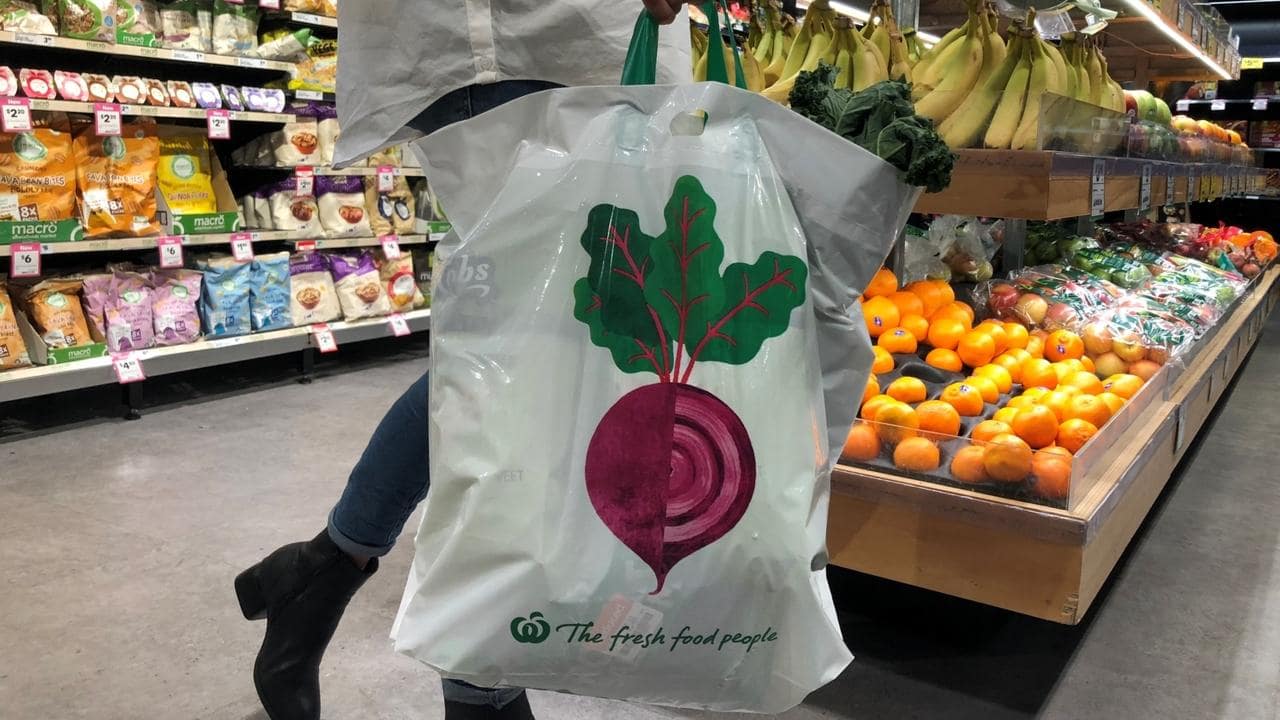11 Dec 2024

Tired Earth
By The Editorial Board

The number one issue for British shoppers in the next decade will be to reduce packaging and use more recyclable materials, according to new research.
For perhaps the first time, the public puts environmental considerations around plastic waste above the price of goods when shopping.
The research, carried out by ThoughtWorks, found that 62% of the 2,000 people surveyed were concerned with the need to reduce plastic packaging and use materials which were recyclable, while 57% said price would be a main driver for their purchases in the next 10 years.
Food waste and where food comes from were also strong reasons to drive purchases; with 48% and 36% of those surveyed saying these issues affected their decision-making on what to buy and where to buy it from, according to the research.
Kevin Flynn, director of retail strategy at ThoughtWorks, said the research showed the seeds of a consumer change which retailers and supermarkets would have to adapt to.
He said if retailers did not listen to their consumers on issues such as reducing plastic packaging waste, the shoppers would simply go elsewhere.
“What is emphatic, and a little surprising, from our research is how well people can see what’s coming next,” he said. “The days of pushing a trolley around a big warehouse, buying over-packaged goods and chasing value offers are numbered.
“Consumers have more and more choice about how to shop and there will be new entrants coming into the market in the next 10 years. The whole retail industry is acutely aware that it needs to be nimble and move quickly to respond to this changing environment.”
Price has traditionally been the most important factor for shoppers. But the new research comes after growing public consciousness about the scale of plastic pollution in the oceans.
If nothing is done to reduce the use of plastic, the amount of waste in the oceans will triple in the next decade.
According to the research, consumers are on the verge of asking a lot more questions on where their food comes from and how it is produced: 36% of survey respondents said they will place much more importance on where the food they buy is grown, fished or reared. An additional 32% said they would seek assurance that food has been ethically sourced from a sustainable supply chain.
18% of 18-24 year olds said in the future people will not be eating meat.
Source : www.theguardian.com
Comment